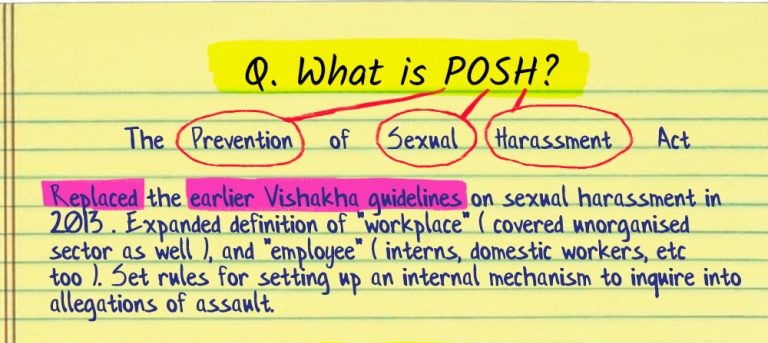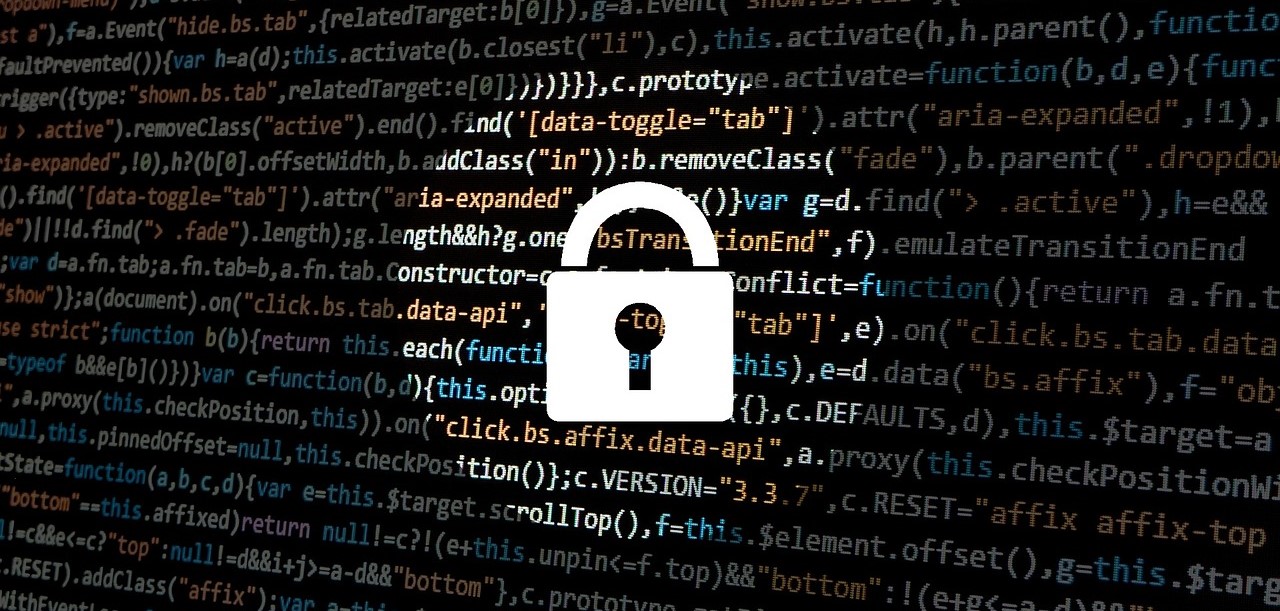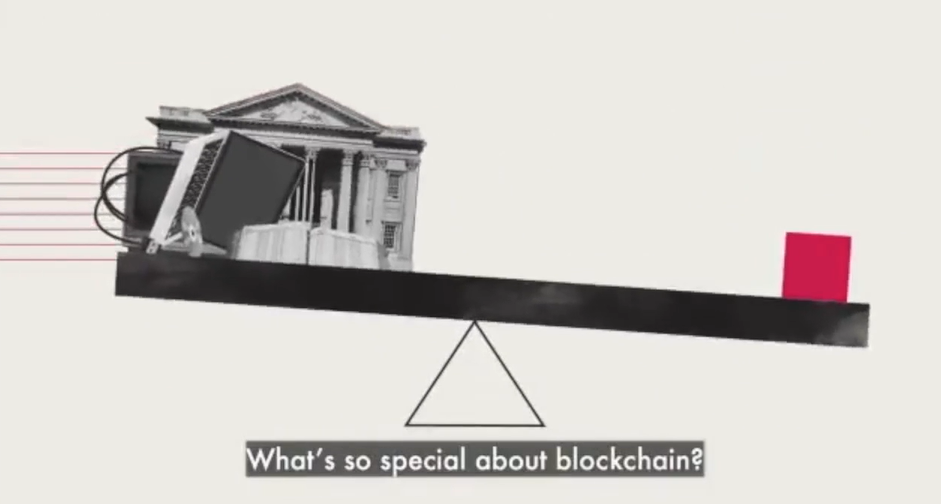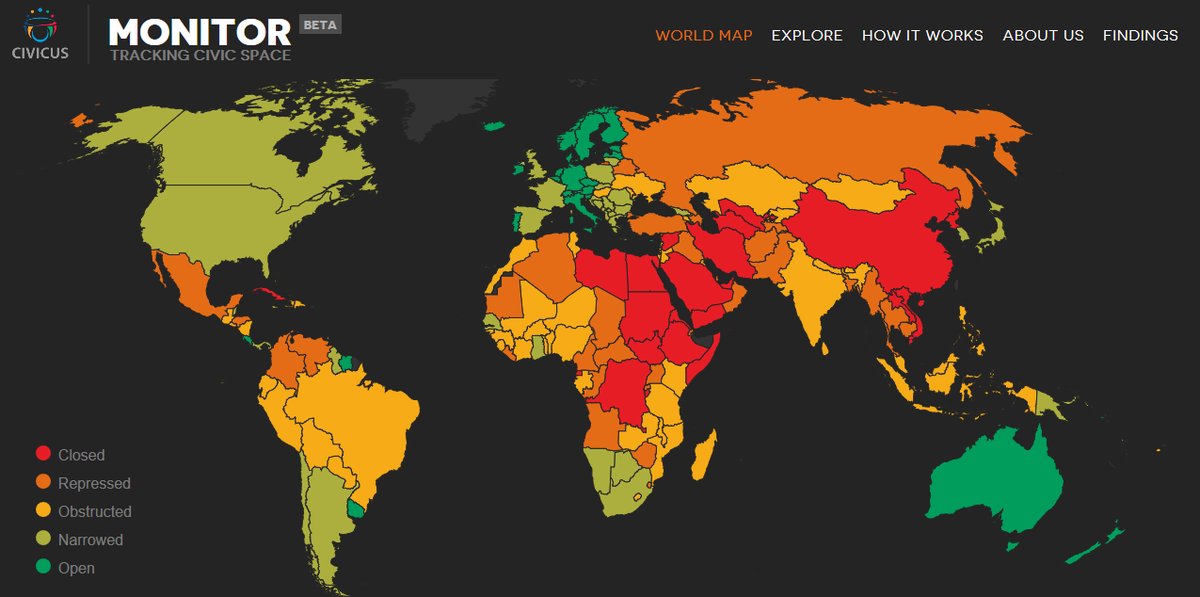1. POSH, LoSHA, ICC and more, explained
If you’ve been wondering what POSH and LoSHA are, what the difference between sexual harassment and sexual assault is, or what people mean when they talk about ‘due process’, this article by Agents of Ishq gives you a broad overview of it all.

A snippet from the piece | Courtesy: Agents of Ishq
It also includes several links that dive deeper into how a woman who has faced sexual harassment can take action and navigate the fuzzy contours of grievance redressal.
2. “#MeToo is making people confront their trauma. And most are unequipped to do so”
This month has been emotionally and mentally exhausting. People have been re-living their trauma, holding space for some friends and family members, and confronting truths about others. And it has been draining.
At a time when everyone around you is struggling to stay afloat, how do you take care of each other? Of yourself? Do you have the resources, the means, the space to do so?
In this piece, Nadia Nooreyezdan reminds us why, in the midst of this movement we need to remember to talk about mental health. As she says, “Access to mental health education, to resources and information that help survivors know what’s happening to them, and what they can do to take care of themselves, is the first step towards healing. And we all need that right now.”
Note: #IWillGoOut has collated a support and resource list that is being circulated on the internet for anyone in need. The database includes lawyers, social workers and mental health professionals across the country.
Read about it here | Access it here
3. Visualising the scope and severity of the movement
“Me Too Rising shows what it looks like when we all become a little more aware of sexual assault and violence. When enough survivors speak up, the world not only listens; it searches for answers.”
– Mallika Saada Saar, Senior Counsel on Civil and Human Rights, Google
space space
Using data from Google Trends, an interactive map of the #MeToo movement was created, depicting what it has looked like globally, over the years. The tool allows us to visualise the scale and severity of the movement, tracking it chronologically and geographically through search trends from all around the world.
The project is a recognition of the role played by the internet and online platforms in this movement—serving as a space for people to come forward with their experiences and emotions, connecting them with other survivors, and creating a community based on courage and catharsis.
4. Recognising that #MeToo isn’t relegated to urban India
We are all familiar with the way Indian journalism has been forced to confront the abuse of power within newsrooms and publishing houses. However, while most of it has been extremely urban-centric, a letter by the journalists at Khabar Lahariya stands out.
Khabar Lahariya, a news platform run by an all-women team, works to publish stories in regional dialects across 13 districts in Madhya Pradesh and Uttar Pradesh.
In their open letter, the team speaks out against the everyday harassment they face as female journalists reporting from the country’s hinterlands, and importantly, emphasise how power works differently in their mohallas, gallis, and chaurahas.
Note: Additionally, in an interview, Khabar Lahariya’s editor-in-chief and senior reporter reveal how even after their open letter was sent to a host of local publications, only one publication agreed to carry it.
5. Impunity, illustrated
There are now innumerable accounts of the manner in which people in power have exploited their positions, and the link between power and sexual violence has long-been established.
This visual essay by Chaitanya Mandugula illustrates how impunity is constitutive of power, and how it gives perpetrators the confidence to continue to blatantly stare, stalk, harass, and assault.
The piece is based on activist V Geetha’s article ‘On Impunity’, which was published in 2013, but has never been more relevant.
Note: ‘On Impunity’ has been published in the Economic & Political Weekly, and sits behind a pay-wall.





